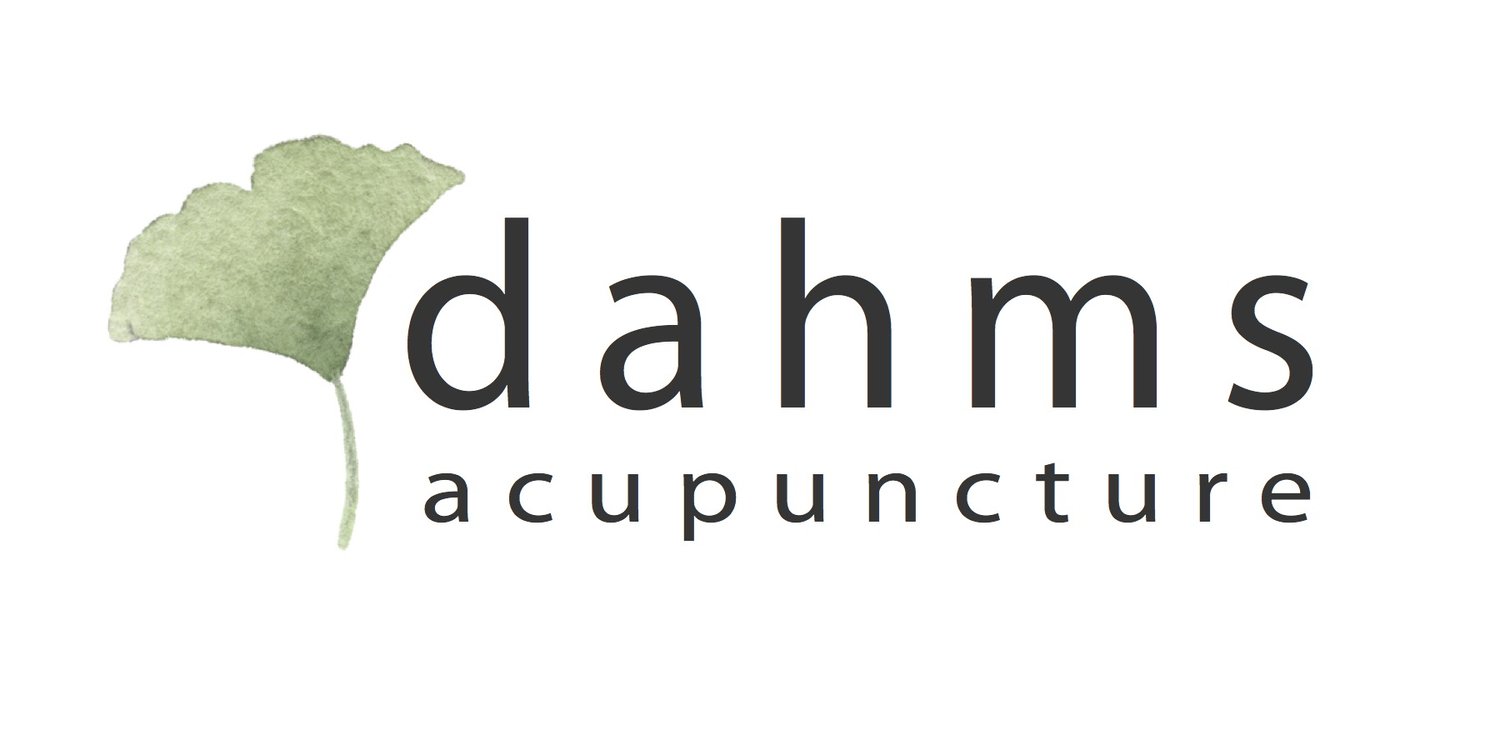Cortisone Injection vs. Acupuncture
/I am often asked about the difference between the effects a cortisone shot will have compared to acupuncture. The indications for a cortisone shot are the same for acupuncture: to relieve pain and inflammation. Below, I've outlined the benefits and risks of each treatment modality and how they treat inflammation at the site of pain.
Cortisone Injection Indications:
synovitis
osteoarthritis
bursitis
tendinitis
carpal tunnel syndrome
fasciitis
neuromas
What are the risks associated with cortisone injections?
According the the Mayo Clinic, potential side effects increase with larger doses and repeated use. These can include:
Cartilage damage
Death of nearby bone
Joint infection
Nerve damage
Temporary facial flushing
Temporary flare of pain and inflammation in the joint
Temporary increase in blood sugar
Tendon weakening or rupture
Thinning of nearby bone (osteoporosis)
Thinning of skin and soft tissue around the injection site
Whitening or lightening of the skin around the injection site
“There's concern that repeated cortisone shots might damage the cartilage within a joint. So doctors typically limit the number of cortisone shots into a joint. In general, you shouldn't get cortisone injections more often than every six weeks and usually not more than three or four times a year.” (source: https://www.mayoclinic.org/tests-procedures/cortisone-shots/about/pac-20384794)
Results Associated with Cortisone Injections
“Results of cortisone shots typically depend on the reason for the treatment. Cortisone shots commonly cause a temporary flare in pain and inflammation for up to 48 hours after the injection. After that, your pain and inflammation of the affected joint should decrease, and can last up to several months.” (source: https://www.mayoclinic.org/tests-procedures/cortisone-shots/about/pac-20384794)
Acupuncture Indications:
Chemotherapy-induced and postoperative nausea and vomiting
Dental pain
Fibromyalgia
Headaches, including tension headaches and migraines
Lower back pain
Neck pain
Osteoarthritis
Tennis elbow
What are the risks associated with acupuncture?
According to the Mayo Clinic, “the risks of acupuncture are low if you have a competent, certified acupuncture practitioner using sterile needles. Common side effects include soreness and minor bleeding or bruising where the needles were inserted. Single-use, disposable needles are now the practice standard, so the risk of infection is minimal. Not everyone is a good candidate for acupuncture.” (source: https://www.mayoclinic.org/tests-procedures/acupuncture/about/pac-20392763)
Results Associated with Acupuncture
People often feel very relaxed after an acupuncture treatment. Some feel immediate relief and others begin to experience relief the next day or over a few days. It is common for symptoms to return within a week of the first treatment; therefore, one or two treatments a week may be needed over several weeks to achieve best results. The specific condition and its severity will determine the amount of treatments needed. Many inflammatory musculoskeletal conditions require 6 to 8 treatments.
How Cortisone Injections Effect Local Inflammation
Reduces the inflammatory reaction
Inhibits the release of destructive enzymes that attack the injury debris and destroy normal tissue
New research suggests that corticosteroids may inhibit the release of arachidonic acids from phospholipids, reducing the formation of prostaglandins which contribute to inflammation. (source: Medscape)
How Acupuncture Effects Local Inflammation
Mediates the inflammatory reaction by regulating immune cells, including macrophages, granulocytes, mast cells, and T cells.
Inhibits oxidative stress and eliminates the generation of oxygen free radicals, thereby prevents inflammatory cell infiltration.
Deforms connective tissue and up-regulates the secretion of various molecules in acupoints.
Stimulates multiple neuro-immune pathways, including the cholinergic anti-inflammatory, vagus-adrenal medulla-dopamine, and sympathetic pathways, as well as the hypothalamus-pituitary-adrenal axis, ultimately acting on immune cells via the release of neurotransmitters and hormones. (source: https://ncbi.nlm.nih.gov/pmc/articles/PMC8710088/)
Summary
A cortisone injection is an effective option for those experiencing musculoskeletal pain due to inflammation. Many experience immediate results and it can even be a good option if you are not responding as expected to acupuncture and moxibustion. There are some risks involved with repeated cortisone injections, and acupuncture has been established as a very safe and effective alternative treatment. Acupuncture also effects the nervous system and can thereby treat other related or unrelated issues at the same time.









